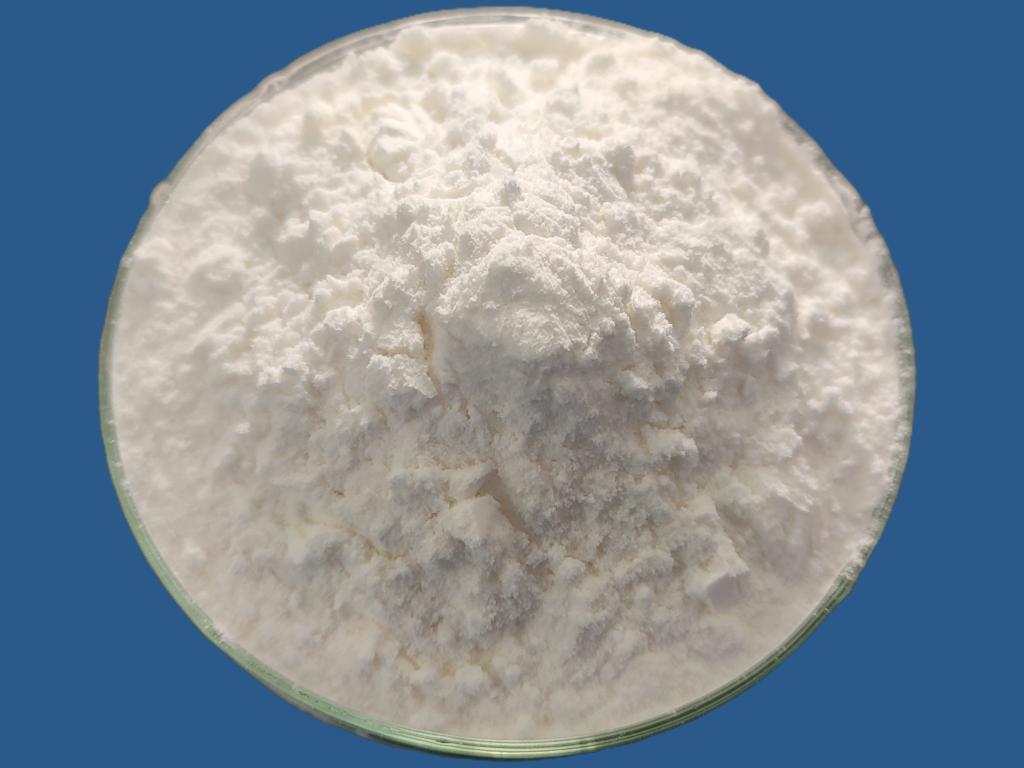Tel:+8618231198596

News
 CONTACT
CONTACT
 CONTACT
CONTACT
- Linkman:Linda Yao
- Tel: +8618231198596
- Email:linda.yao@dcpharma.cn
- Linkman:CHARLES.WANG
- Department:Overseas
- Tel: 0086 0311-85537378 0086 0311-85539701
News
ε-Polylysine hydrochloride as a natural preservative in ethnic and specialty food products.
TIME:2023-08-11
Introduction:
Ethnic and specialty food products are integral to cultural identity, culinary traditions, and consumer preferences. However, these products often face challenges in maintaining quality and safety during storage and distribution due to their unique composition and characteristics. Traditional preservation methods may fall short in addressing the diverse needs of these foods, leading to the exploration of alternative solutions. ε-Polylysine hydrochloride (ε-PL), a natural antimicrobial peptide, offers an innovative approach to preserving the authenticity and shelf life of ethnic and specialty food products.
Distinctive Characteristics of Ethnic and Specialty Food Products:
Ethnic and specialty foods encompass a wide range of products, including spices, sauces, fermented foods, and delicacies specific to certain cultures. These foods often possess complex flavor profiles, unique textures, and rich histories that contribute to their cultural significance. Their distinctive ingredients, preparation methods, and consumption practices create challenges in preservation, making them an ideal context for exploring novel preservation techniques such as ε-PL.
Mechanisms and Advantages of ε-Polylysine Hydrochloride:
ε-Polylysine hydrochloride's antimicrobial activity arises from its disruption of microbial cell membranes and inhibition of essential cellular processes. Its cationic nature allows it to effectively target a broad spectrum of microorganisms, including spoilage bacteria and foodborne pathogens. ε-PL's unique mechanism of action, combined with its compatibility with various food matrices, makes it a promising natural preservative for ethnic and specialty foods.
Efficacy of ε-Polylysine Hydrochloride in Preserving Ethnic and Specialty Foods:
Research has demonstrated the efficacy of ε-PL in extending the shelf life and enhancing the safety of various ethnic and specialty food products. In fermented foods, ε-PL has been shown to inhibit the growth of spoilage microorganisms while preserving the unique flavors and textures imparted by fermentation. In sauces and condiments, ε-PL treatments have effectively controlled microbial growth without compromising sensory attributes. The ability of ε-PL to address the preservation needs of diverse ethnic and specialty foods underscores its potential as a valuable tool.
Sensory Considerations and Consumer Acceptance:
Preservation methods must not only ensure safety and extend shelf life but also preserve the sensory qualities that define ethnic and specialty foods. Consumer acceptance and sensory attributes play a crucial role in determining the success of any preservation strategy. Studies have indicated that ε-PL treatments do not significantly alter the sensory attributes of preserved foods, making it a promising option for maintaining the authenticity and quality of ethnic and specialty products.
Exploring Tradition and Innovation with ε-Polylysine Hydrochloride:
The integration of ε-Polylysine hydrochloride (ε-PL) as a natural preservative in ethnic and specialty foods embodies a harmonious blend of tradition and innovation. By preserving the unique flavors, textures, and cultural significance of these foods, ε-PL bridges the gap between time-honored culinary practices and modern preservation technology. Its potential to extend the shelf life of ethnic and specialty products while preserving their authenticity aligns with the desires of both producers and consumers.
Conclusion:
Ethnic and specialty food products hold a special place in global culinary traditions and cultural identity. Preserving their unique attributes while extending their shelf life is essential to ensure their availability and enjoyment. ε-Polylysine hydrochloride (ε-PL), with its natural antimicrobial properties and compatibility with diverse food matrices, offers an innovative solution to address the preservation challenges of ethnic and specialty foods. As research continues to explore its applications and optimize its use, ε-PL has the potential to contribute to the preservation of these cherished foods, allowing consumers to savor their cultural richness and culinary diversity for generations to come.
- Tel:+8618231198596
- Whatsapp:18231198596
- Chat With Skype







